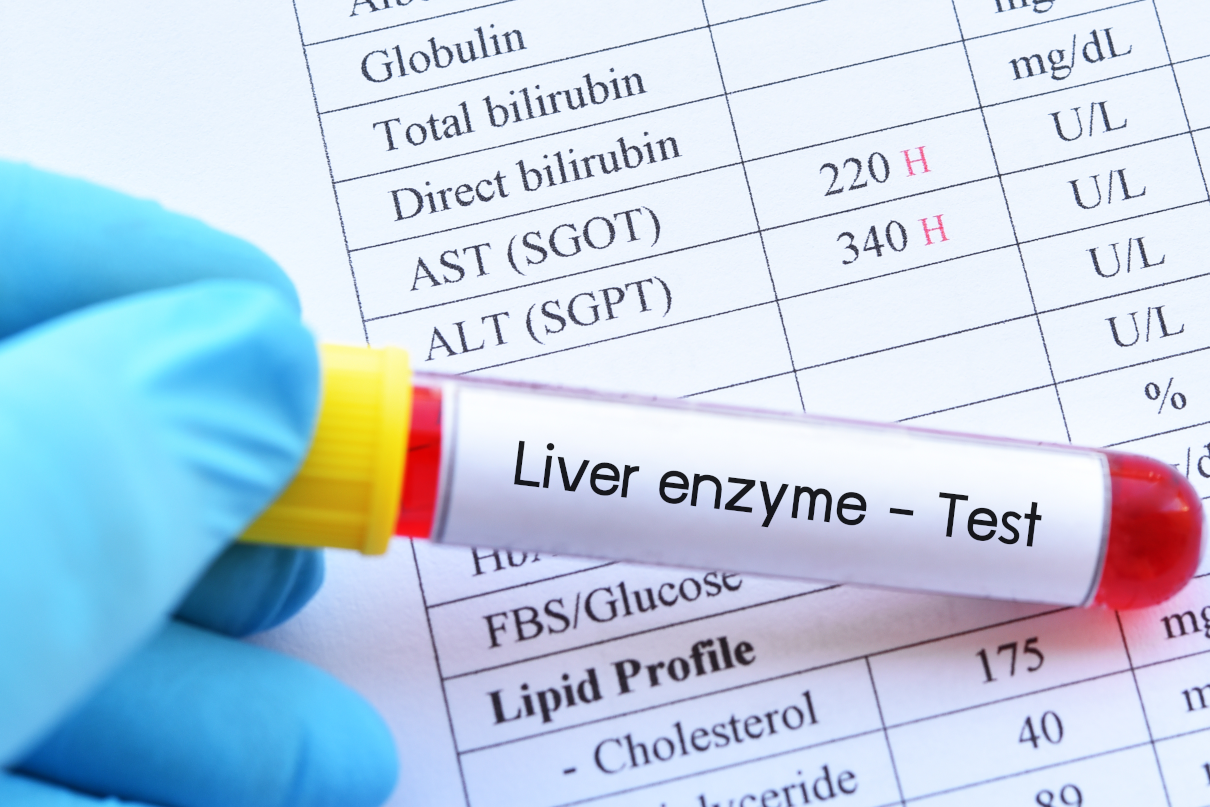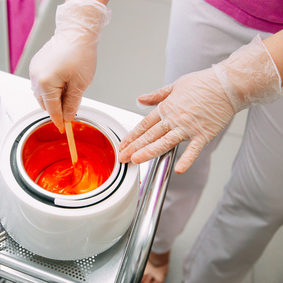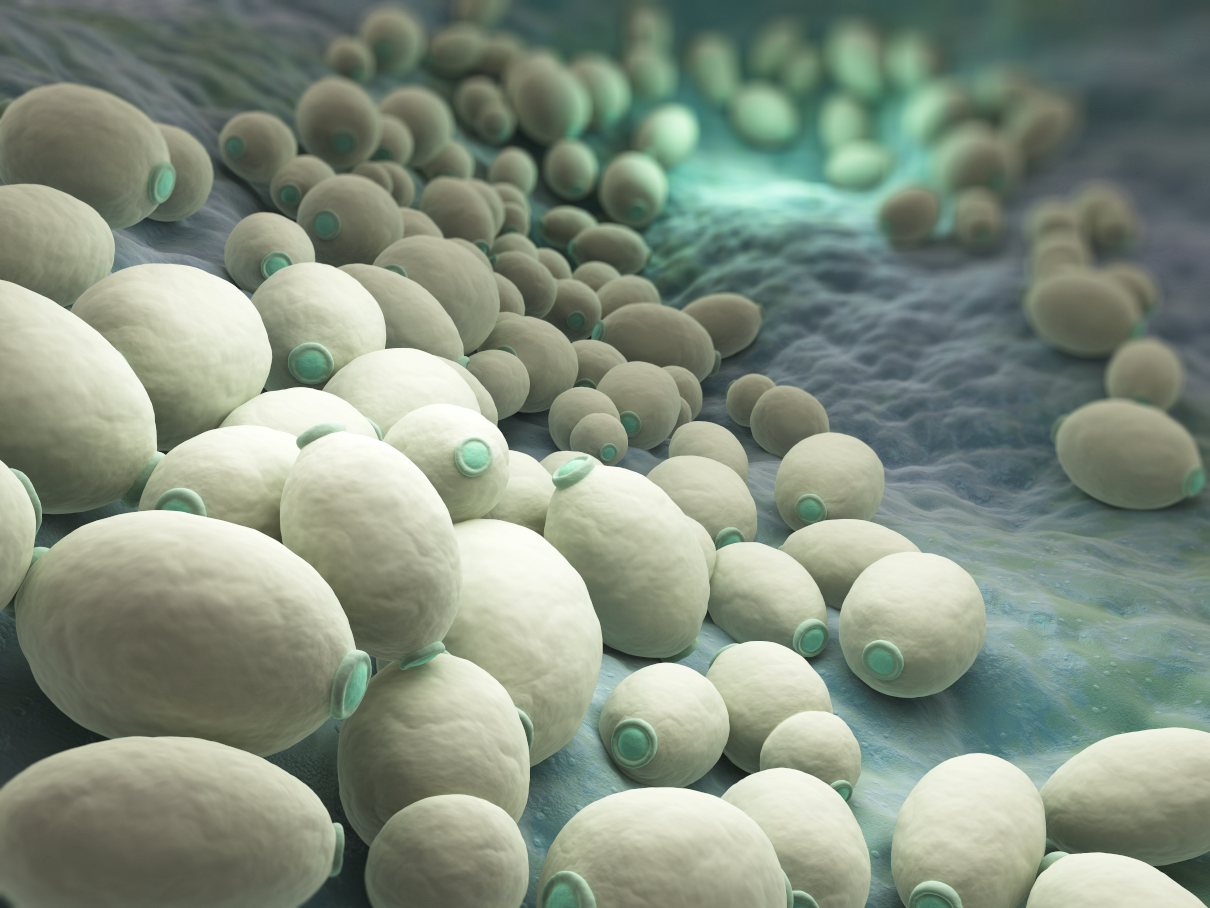
Cancer is a disease that requires an integrated approach to diagnosis. It is possible to make a reliable diagnosis only after a series of studies. However, conventional tests can cause suspicion of this disease. Besides, those are easy to do in almost any laboratory. It is a laboratory diagnostic that helps determine which organ may have potential problems and then looks explicitly for its cause. So what tests are used to identify bowel cancer and accurately assess the presence of the disease?
Results of blood tests
A malignant tumour is an actively growing tissue that requires a large amount of “building material” and energy. It actively consumes substances necessary for the organism’s growth and releases metabolic products, including some that are toxic. In other words, the main changes are associated with these two processes. And the results of blood tests would show that.
Specific changes rarely appear in the urine test in the case of cancer. However, any deviations in the results are a reason to conduct a more thorough examination.
Blood in the urine is an early symptom of bladder or urinary tract cancer. However, it can also occur with urolithiasis or glomerulonephritis.

Anti-candida Mini Detox – three colonics with bicarbonate of soda
The Anti-candida mini detox involves a concentrated series of three colonics infused with bicarbonate of soda, ideally scheduled once weekly. This regimen serves as a potent initiation into a detoxifying cleansing routine, setting the pace for rejuvenation.
What tests should be done to identify bowel cancer? Blood tests.
Seven indicators are most important for the diagnosis of cancer in the biochemical blood test:
- total protein and albumin;
- urea;
- changes in blood sugar levels;
- bilirubin;
- ALAT;
- increased alkaline phosphatase.
In oncology, blood coagulability significantly increases. The risk of thrombosis of large vessels and the formation of microthrombi in capillaries also increases.
A blood test for markers of cancer tumours makes it possible to suspect oncology at an early stage, assess the disease’s dynamics, determine a relapse or the appearance of new metastases in time, and evaluate the effectiveness of treatment. We figured out what tests to do to identify bowel cancer. But there is more focused research.

Bikini line extended(bum) waxing
It takes the sides of the bikini line more profound than a regular bikini wax and can include waxing some hair on top to make a more defined (triangle) area or trimming down the left hair. We also remove hair from the back. This treatment lasts twenty minutes.
Markers
Tumour markers are substances associated with a tumour’s vital activity. They either do not appear in a healthy person’s body or are present in tiny quantities. We know more than 200 such substances. However, not all of them are equally easy to detect in medical practice.
Cytology has the highest specificity of all laboratory cancer diagnosis methods.
It is almost always possible to diagnose and determine the type of tumour reliably using cytology. The sensitivity of this method depends on the type of cancer. It also depends on the quality of the process of taking the probe for the study. For example, if the cancer cells did not enter the washings, the study would give a negative result, although the tumour may continue to develop.
After an initial examination, the doctor will decide what tests to do to identify bowel cancer. Excellent prevention of intestinal oncology is colonic irrigation.

Food intolerance test of 208 ingredients
This is our most comprehensive food and drink test. It analyses your client’s IgG antibody reactions to 208 food and drink ingredients. This test will highlight their food triggers and help you formulate an IgG-guided elimination diet together.











